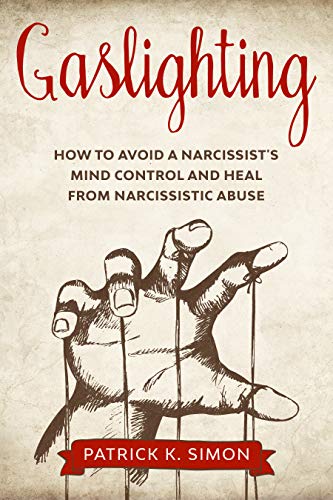Gaslighting is portrayed as a type of diligent control and mentally programming that makes the unfortunate casualty question her or himself, and at last lose her or his feeling of recognition, personality, and self-esteem.
Do you have someone in your life who keeps belittling your concerns and making you feel like your concerns about something are invalid?
Does it always feel like you are always misunderstanding him/her because any time you point out something they said, they always turn things around to make you look like you have no idea of what you are saying?
If this is where you find yourself, then you are definitely dealing with a gaslighter. A gaslighter usually wants to manipulate you by doing or saying things that will question your reality, perceptions, and memory. They will make it seem like you are always misunderstanding them or misquoting them, you are always making a mountain out of a molehill, that your concerns are not valid. You may then end up not being free to express yourself, which can negatively affect your self-esteem, and make you doubt everything about yourself.
